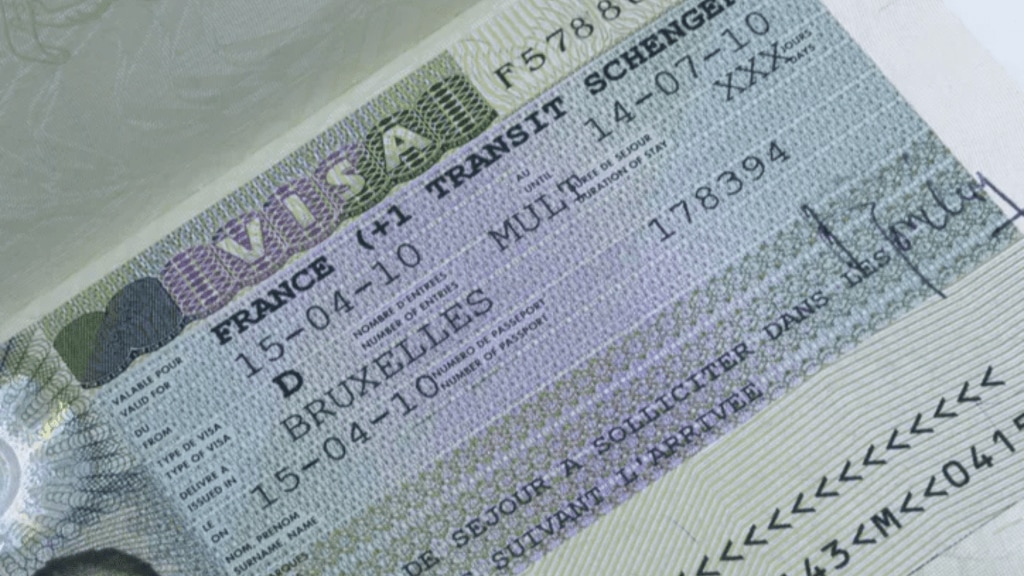A Reddit user, who is a Schengen Consul and visa officer, took to the platform to conduct an AMA (Ask Me Anything) session where he shed light on how visa decisions are made, common reasons for refusal, and how one can strengthen their visa application.
For context, the officer who approves or rejects a Schengen visa has made decisions on up to 200 applications a day.
“I’m a career diplomat and currently a Consul and visa officer from a mid-sized Schengen country. Over the years, I’ve worked in various embassies and consulates across North Africa, the Middle East, and the Americas. In some postings, I’ve made decisions on up to 200 Schengen visa applications per day,” he said in his Reddit post, adding that he wouldn’t be able to give “country-specific legal advice” or discuss “individual cases”.
Cover letter and sponsorship letter
In response to his post, one individual asked about the role of a cover letter and sponsorship letter for a student visa D.
He revealed that the cover letter is “overrated” and that most people don’t even go through them “thoroughly”. He, however, revealed that the “sponsorship letter” is of utmost importance.
The visa officer added, “However, a student visa D is unlikely to be rejected anyway, as the university already accepted you.”
Student Visa D is a long-stay national visa issued to students who plan to stay and study in any of the European nations for more than 90 days.
Questions around tourist visa
“For a tourist visa, does ‘fanciness’ or cost of the hotel or the destinations make a difference in your decision? (Assuming all paid),” asked another.
To this, the visa officer said that it doesn’t matter if it aligns with one’s “financial means”.
“If you have USD 2000 in savings and book a hotel that costs 500 a night, it is counterproductive. If you are extremely stacked and book a shared room in a hostel, I would also get suspicious,” he responded.
A third asked him about a “several years, multi-entry” visa, adding that he is aware of the cascade regime. The Cascade regime is a system under the Schengen visa where travellers who have been issued two Schengen visas within the past three years can apply for a multi-entry visa for two years initially. When that ends, they can apply for a five-year multi-entry Schengen visa.
“I strictly follow the cascade regime and usually just issue the visa for the time of intended travel. However, if many trips within a year are planned, I go up to a 1-year plan. Several years + multi-entry only through the cascade system,” the officer replied.
He also informed that “the context of the cascade doesn’t matter”, before adding, “However, having a visa issued by countries that are also strict (US, UK, Australia) is a huge plus – if they were used correctly.”
Top reason for visa rejection
One of the Reddit users asked, “What was the most common reason you denied visas?”
“Lack of ties to your home country,” the officer who issues Schengen visas reveals, before adding, “If I am not 100% sure that you will return to your country, I am unlike to issue the visa.”
When one asked about how to show strong ties to the home country, “Strong ties to your country: owning a property, secure and well-paid job, taking care of the family, owning a good running business, etc.”
Another reason behind the rejection of a Schengen visa is “fake flight or hotel bookings”.
One of the least common reasons to deny a visa is “fake documents”.
“Dummy flights, dummy hotel bookings (can be checked); weird itinerary.. it can be a couple of reasons really,” the visa officer said.
How to strengthen a visa application?
An Internet user posed a question in the comments section, “How do I strengthen my request? If I do not have enough roots, types, house, car, business, etc. But it is a good job where I have been working for a few years.”
To this, the consular office said that a “solid job” and “roots” are required. “A solid job is certainly a good foundation, so I would present a letter from your employer that states exactly that. Depending on your country of origin, it might be enough or not. Roots is certainly the most difficult to prove, especially if you are not a home/business owner,” the visa officer replied.
When one asked if “religion” affects the decision on visa applications. The consular officer denied, saying that “nationality” affects, not the “religion”.

